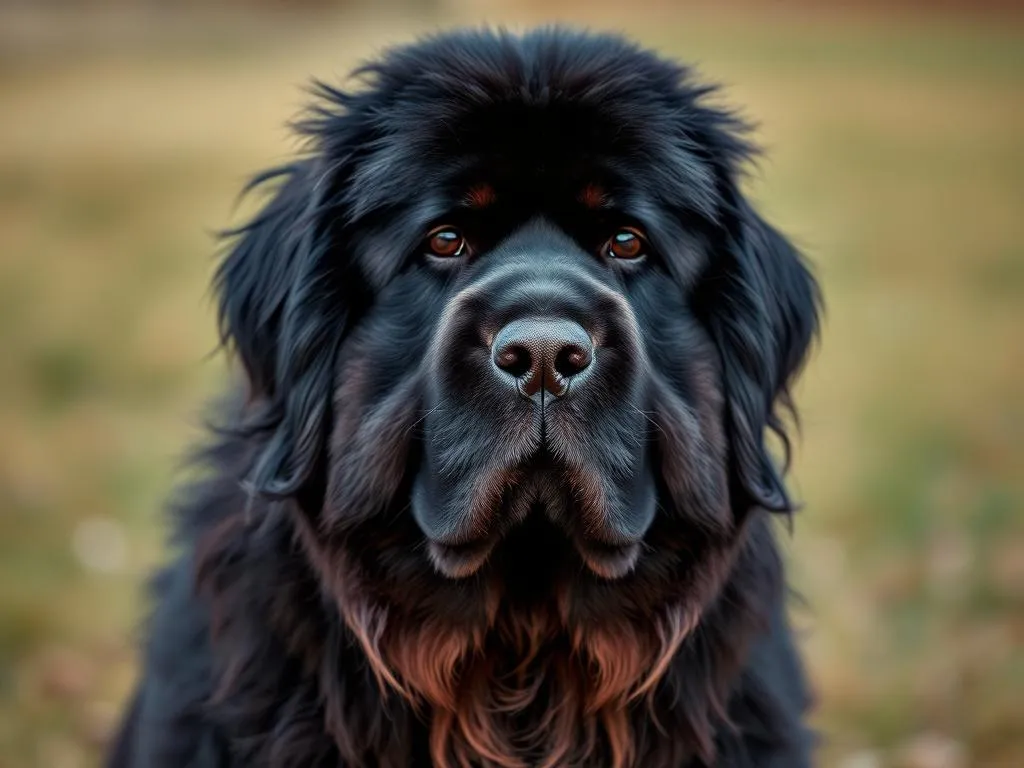
Newfoundland dogs are gentle giants known for their impressive size, intelligence, and friendly disposition. They have a rich history as working dogs, originally bred to assist fishermen in water rescues. As potential dog owners evaluate various breeds, one critical factor to consider is whether a dog is hypoallergenic. For those prone to allergies, this characteristic can significantly influence their decision when choosing a furry companion. In this article, we delve into the question: is a Newfoundland dog hypoallergenic?
Understanding Hypoallergenic Dogs
Definition of Hypoallergenic
In the context of pets, hypoallergenic refers to breeds that are less likely to trigger allergic reactions. This doesn’t mean they are completely allergen-free; rather, they may produce fewer allergens than other breeds. Common misconceptions exist about hypoallergenic dogs, as many believe that simply having low shedding fur makes a dog hypoallergenic. However, allergens are found in dander, saliva, and urine, not just in the fur itself.
Allergens Produced by Dogs
Dogs produce several types of allergens, including:
- Dander: Tiny flakes of skin that can easily become airborne.
- Saliva: When dogs lick themselves, their saliva can stick to their fur and skin, leading to allergen spread.
- Urine: Allergens can also be found in a dog’s urine, especially if not cleaned promptly.
For individuals with allergies, exposure to these allergens can cause symptoms ranging from mild to severe, including sneezing, itching, and breathing difficulties.
Characteristics of Newfoundland Dogs
Breed Overview
Newfoundland dogs are large, powerful animals, typically weighing between 100 to 150 pounds. They have a distinctive double coat, which helps them stay warm in cold waters. Their temperament is often described as gentle and patient, making them excellent family pets. Historically, they were used for water rescues and as working dogs on fishing boats, showcasing their strength and intelligence.
Shedding and Grooming Needs
Newfoundlands possess a thick, water-resistant double coat that requires regular grooming. They shed throughout the year, with more significant shedding periods occurring in spring and fall. Owners should expect to brush their Newfoundlands at least once a week to minimize loose fur and dander in the home. Regular grooming not only keeps their coat healthy but also helps manage allergens.
Are Newfoundland Dogs Hypoallergenic?
Allergy Testing and Reactions
When considering whether Newfoundland dogs are hypoallergenic, it is essential to understand that individual reactions to allergens can vary significantly. While some people may experience no issues with Newfoundland dogs, others might find their allergies exacerbated. Allergy testing can provide insights into specific allergens affecting an individual, guiding potential owners in their decisions.
Anecdotal evidence suggests that some allergy sufferers have successfully cohabited with Newfoundland dogs. However, it’s crucial to spend time with the breed prior to adoption to gauge any allergic reactions.
Comparison with Other Breeds
When comparing Newfoundland dogs to commonly recognized hypoallergenic breeds—such as Poodles, Bichon Frises, or Portuguese Water Dogs—Newfoundlands typically rank lower in hypoallergenic qualities. This is mainly due to their heavy shedding and the abundance of dander produced by their thick coats. Hypoallergenic breeds often have hair instead of fur, which reduces the spread of allergens.
Expert Opinions
Veterinarians and dog allergy specialists generally agree that Newfoundland dogs are not considered hypoallergenic. While they may have a friendly disposition and be gentle with children, their shedding and dander can pose challenges for allergy sufferers. Consulting with experts and conducting personal tests before bringing a Newfoundland home is advisable for potential owners with allergies.
Tips for Allergy Sufferers Considering a Newfoundland Dog
Preparing Your Home
For those determined to welcome a Newfoundland into their home despite allergy concerns, several strategies can help minimize allergens:
- Designate Dog-Free Zones: Keep certain areas, like bedrooms, off-limits to the dog.
- Invest in Air Purifiers: High-efficiency particulate air (HEPA) purifiers can help reduce airborne allergens.
- Regular Cleaning: Maintain a strict cleaning routine that includes vacuuming carpets and upholstery with a HEPA filter vacuum, washing pet bedding frequently, and dusting surfaces.
Managing Allergies with a Newfoundland Dog
Living with a Newfoundland while managing allergies requires commitment and consistent care. Here are practical tips to consider:
- Regular Grooming: Frequent brushing can significantly reduce the amount of loose fur and dander in your home.
- Bathing: Bathe your Newfoundland every few weeks to help remove allergens from their coat.
- Health Check-Ups: Regular veterinary visits ensure your dog remains healthy, which in turn can minimize allergen production.
Alternatives to Consider
If you are particularly sensitive to allergens, you might want to explore breeds that are generally more suitable for allergy sufferers. Breeds like the Poodle, Maltese, and Schnauzer are often recommended due to their lower shedding and dander levels. Additionally, consider adopting or fostering a dog; this can often lead to discovering a breed that fits your needs without the commitment of a purchase.
Conclusion
In summary, while Newfoundland dogs are beloved for their gentle nature and impressive abilities, they are not classified as hypoallergenic. Their thick, double coat contributes to shedding and dander production, which can pose challenges for allergy sufferers. It is essential for prospective dog owners to weigh these factors carefully and consider their allergy sensitivities before deciding on this breed. Consultation with allergy specialists and spending time with the breed can provide valuable insights into making an informed decision.
FAQs
Are Newfoundland dogs good for allergy sufferers?
While some individuals with mild allergies may tolerate Newfoundland dogs, they are not considered hypoallergenic. Their shedding and dander can provoke allergic reactions in many people.
What are the best hypoallergenic breeds?
Some of the best hypoallergenic breeds include:
- Poodle
- Bichon Frise
- Maltese
- Portuguese Water Dog
- Schnauzer
What should I do if I’m allergic but want a dog?
Consider visiting potential breeds to assess your reactions. Consulting with an allergist and discussing your options with breeders can also help guide your decision.
How can I reduce pet allergens in my home?
- Implement a regular cleaning schedule.
- Use air purifiers with HEPA filters.
- Designate areas of your home as dog-free zones.
By understanding the characteristics of Newfoundland dogs and their impact on allergies, you can make an informed decision that aligns with your lifestyle and health needs.









